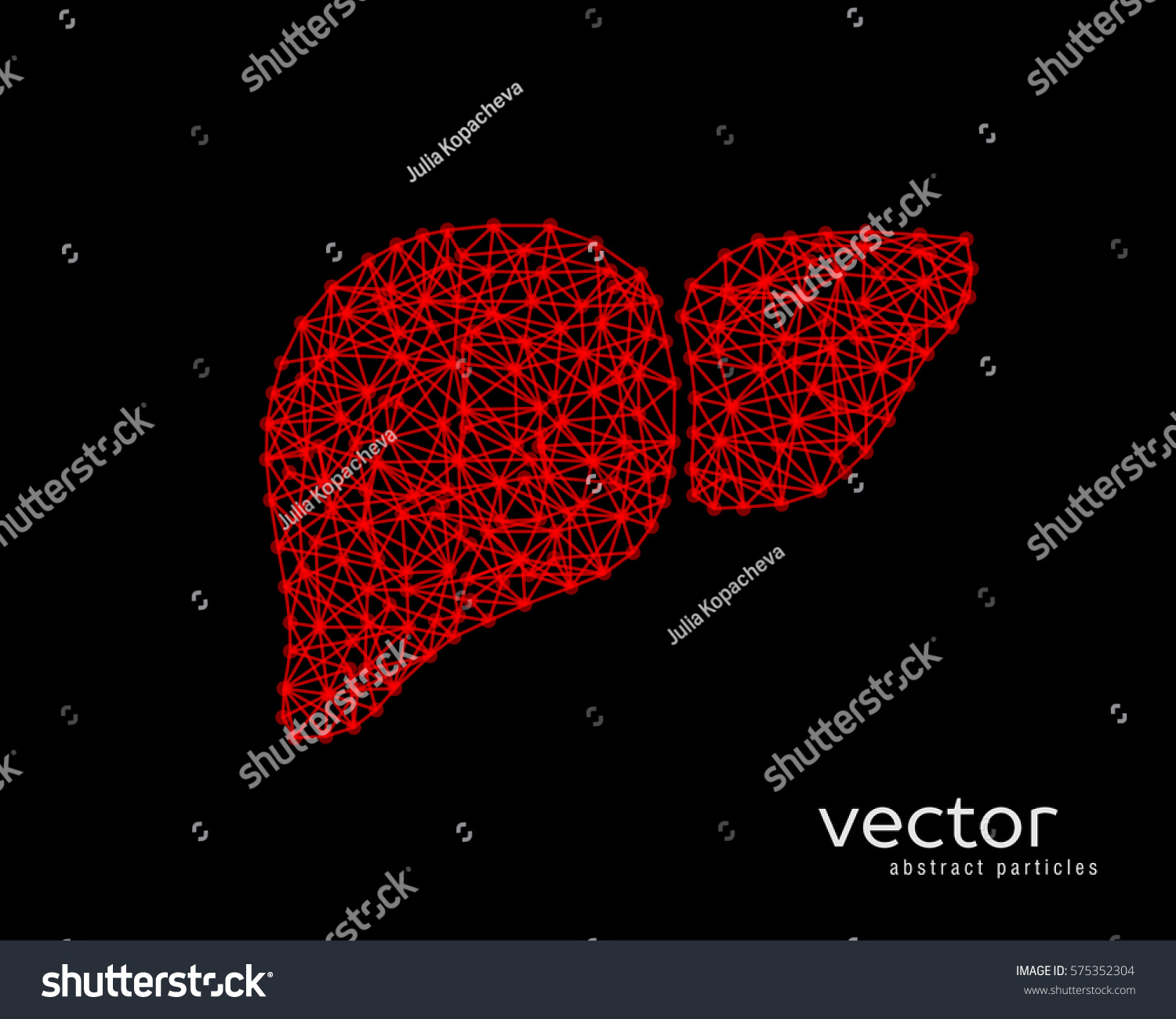-
Gallery of Images:

-
If you need to make changes to your information or you decide you do not want to become an organ, tissue and eye donor and you want your name taken off the Donate Life Registry, write to: New York State Donate Life Registry, New York State Department. By registering your consent to donate today, you can positively impact the lives of many Ontarians in need of organ and tissue transplants. If you are 16 years of age or over, you can register your consent to donate your organs andor tissue upon your death. Getting more people to donate their organs is an urgent issue especially if you or someone you care about is on a waiting list and Apple is hoping to make it extremely easy for the nearly 100 million people in the U. who have an iPhone to become a donor. Collaborative members represented all aspects of the organ donation and transplantation community, including critical care nurses, organ procurement and transplant coordinators, hospital administrators, physicians, clergy, social workers, family members of organ donors, and transplant recipients. Some day, it could be your own family or loved one who needs an organ and can benefit from anothers generosity. Advertising Policy Transplant surgeons have great respect for people who donate. Print this page Donate Help us improve the quality of life for people with lifelimiting illnesses, their families and their carers. Everyone has a story about someone they love who has died. If youre already an organ donor and wish to have the option to donate your body to science as well, simply let your loved ones know of your wishes. The Science Care Donor Services Coordinators will collaborate with the local transplant group to help facilitate both types of donation. Deceased organ donors can donate: kidneys (2), liver, lungs (2), heart, pancreas, and intestines. In 2014, hands and faces were added to the organ transplant list. Living organ donors can donate: one kidney, a lung, or a portion of the liver, pancreas, or intestine. Organ donation is the process by which a person can donate a healthy organ to replace the unhealthy organ of another person. Some organs are donated after the donor has died, other organ donations are made by healthy friends or relatives who make the decision to help a. Danny SuttonLong (right), a nurse in the Intensive Care Unit at The Ottawa Hospital, donated a kidney to friend and fellow nurse Betty Organ, who is Aunt Betty to his two daughters: Holly, 14, and Eve, 10. MedCure connects people wanting to donate their bodies to science whole body donors with the physicians and anatomical researchers that are uncovering tomorrows medical breakthroughs. Your level of medical care will also be unaffected by your organ donor status. If you go to the hospital, doctors will do everything they can to save your life. Only after these efforts have failed will your body be considered for organ donation. Health Care and Organ Donation The verification code for Visa, MasterCard, and Discover is a 3digit number printed on the back of your card. It appears after the account number, in the signature panel. The American Express verification code is a 4digit number printed on the front of your card. Add your name to the NHS Organ Donor Register and one day you may be able to save lives. All you need to do is fill out this form with your information and preferences and we will do the rest This form will take no more than 2 minutes to complete But England remains optin (where you have to choose to donate your organs thereby signing the organ donor register). Scotland and Wales had public consultations before moving to change the law, and in Scotland 82 of people were in favour. To donate your organs after death, you can either register with your state's donor registry (visit OrganDonor. gov), or fill out an organ donor card when you get or renew your driver's license. Organ transplants involve removing a diseased organ from an ill patient and replacing it with a healthy one from an altruistic deceased or living organ donor. To be eligible for an organ transplant, you must be evaluated by a medical team for suitability. Organ and tissue donation is a gift you leave others when you die. While it's also possible to donate organs while you are still living, more often donation takes place upon death. Your race and ethnicity have no effect on who receives your organ(s). In fact, currently over 50 of the people on organtissue transplant wait lists come from a racial or ethnic minority. The need for organ donors increases everyday as the wait lists for organ and tissue transplants also continue to grow. When you register your consent for organ and tissue donation, you let those waiting know that you would help them if you could. One donor can save up to 8 lives through organ donation and enhance the lives of up to 75 more through the gift of tissue. Yes, you can donate with a medical condition. Transplant professionals will evaluate the condition of your organs at the time of your death and determine if your organs are suitable for donation. You should consider yourself a potential organ and tissue donor, indicate your intent to donate on your driver's license, donor card, or state donor. Becoming an organ donor is widely considered a good thing. If you die and offer up your body to medicine, you can extend the life of others with zero inconvenienceafter all, you're dead. Some people want to donate their body for medical research. If you are thinking about donating your body, it is important to talk about it with your GP, hospital or palliative care team. Organ donors are usually dead at the time of donation, but may be living. For living donors, organ donation typically involves extensive testing before the donation, including psychological evaluation to determine whether the wouldbe donor understands and consents to the donation. Are you ever too old to donate your organs? so you don't have to worry about the doctor giving you inferior care to get your organs for someone else. Organ transplant recipients are selected on the basis of medical urgency and compatibility, not sex or race. Organ donation and transplantation save over 28, 000 lives a year. Get the facts, learn how it works, and what can be donated. Can I be an organ and tissue donor, and also donate my body to medical science? Your family pays for your medical care and funeral costs, but not for organ donation. Costs related to donation are paid by the. T hank you for visiting Science Care, the worlds largest accredited whole body donation program. We work with some of the worlds most prestigious and wellrespected medical schools, research hospitals and medical device companies to help support the training of physicians and surgeons and to assist with the development of new medical products, procedures and treatments. You can express to your family your wish to donate, and they can give their consent knowing that it's what you wanted. Children, too, are in need of organ transplants, and they usually need organs smaller than those an adult can provide. If you dont want to donate your organs or tissue, you can record your decision on the NHS Organ Donor register to make sure that your decision is followed after you die. If you change your mind you can always update your donation preferences. Almost anyone can donate their corneas. The cornea is the clear tissue at the front of your eye that lets in light so you can see. This small and simple part of the eye is hugely important for thousands of cornea transplants a year, often saving the sight of patients for many years..
-
Related Images:











